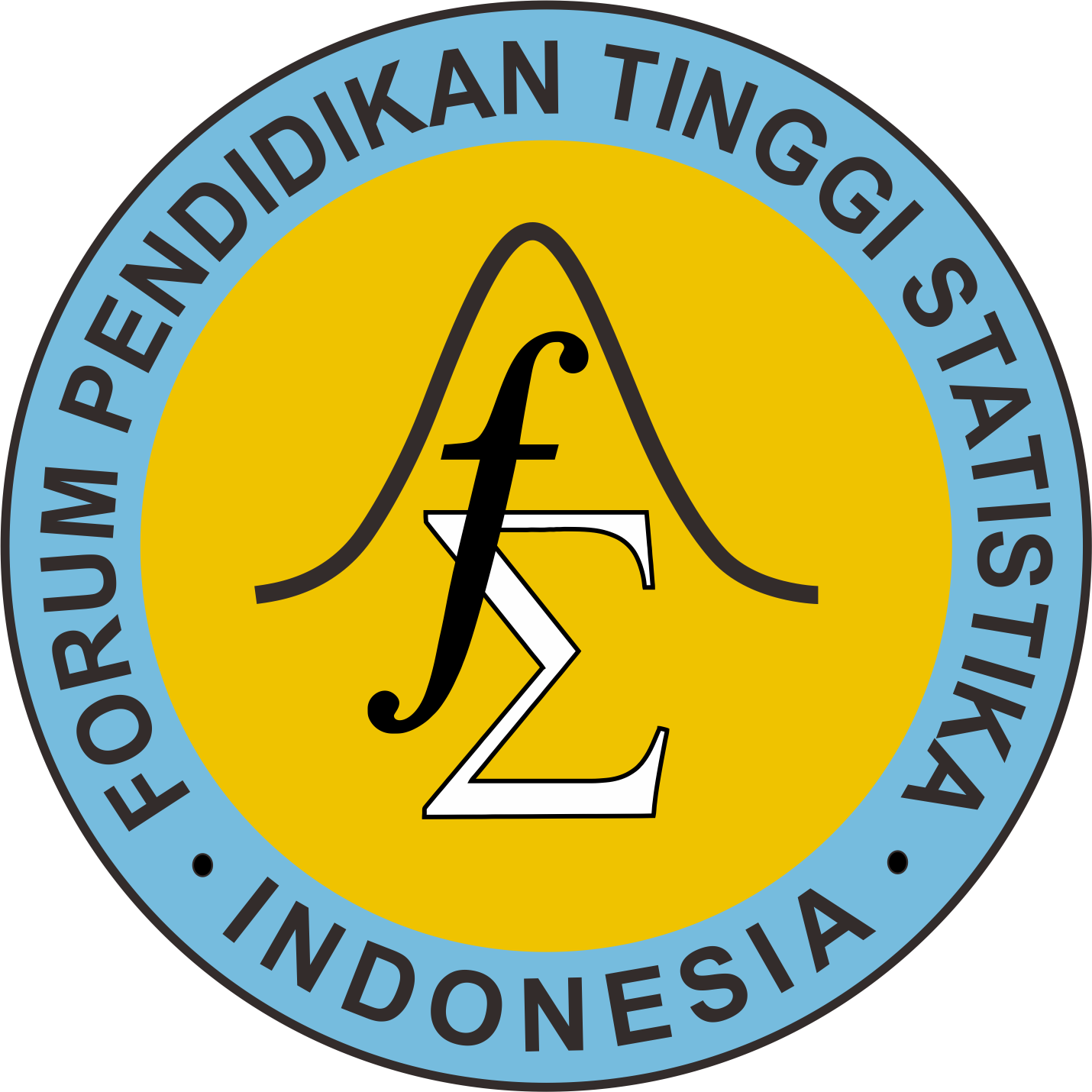Peer review
All submitted papers are subject to strict peer-review process. The practice of peer review is to ensure that high quality scientific material is published, therefore the peer review is one of the most objective processes of the our Journal. Our referees play a vital role in maintaining the high standards of our Journal.
Fair play
The editors should give manuscripts for evaluation with regard to their intellectual content without regard to race, gender, sexual orientation, religious belief, ethnic origin, citizenship, or political philosophy of the authors.
The confidentiality of the peer-review process
All editors should ensure that material submitted to the journal remains confidential while under review.
Conflicts of interest
Editors will make fair and unbiased decisions independent of commercial considerations, and should ensure a fair and appropriate peer-review process. Editors will recuse themselves (i.e. should ask a co-editor, associate editor or other member of the editorial board instead to review and consider) from considering manuscripts in which they have conflicts of interest resulting from competitive, collaborative, or other relationships or connections with any of the authors or institutions connected to the papers. When deciding upon the reviewers, editors will take in consideration any risk of conflict of interest.
Unethical publishing
When ethical complaints have been presented concerning a submitted manuscript or published paper, or when they receive notice of the questionable publishing behavior, the editors will discuss and take all the appropriate measures to investigate the claim, even if it is discovered years after publication.
DUTIES OF REVIEWERS
Contribution to editorial decisions
Peer-review assists the editor in making editorial decisions and through the editorial communications with the author may also assist the author in improving the paper. Peer-review is an essential component of scholarly communication, and lies at the heart of the scientific method. Universitas Muhammadiyah Semarang shares the view of many that all scholars who wish to contribute to publications have an obligation to do a fair share of reviewing.
Promptness
Any selected referee who feels unqualified to review the research reported in a manuscript or knows that its prompt review will be impossible should notify the editor and excuse himself from the review process.
Disclosure and conflict of interest
Unpublished materials disclosed in a submitted manuscript must not be used in a reviewerís own research without the express written consent of the author. Privileged information or ideas obtained through peer review must be kept confidential and not used for personal advantage. Reviewers should not consider manuscripts in which they have conflicts of interest resulting from competitive, collaborative, or other relationships or connections with any of the authors, companies, or institutions connected to the papers.
Confidentiality
Any manuscripts received for review must be treated as confidential documents. They must not be shown to or discussed with others except as authorized by the editor.
Standards of objectivity
Reviews should be conducted objectively. Personal criticism of the author is inappropriate. Referees should express their views clearly with supporting arguments.
Acknowledgement of sources
Reviewers should identify relevant published work that has not been cited by the authors. Any statement that an argument had been previously reported should be accompanied by the relevant citation. A reviewer should also call to the editor's attention any substantial similarity or overlap between the manuscript under consideration and any other published paper of which they have personal knowledge.







2.png)



